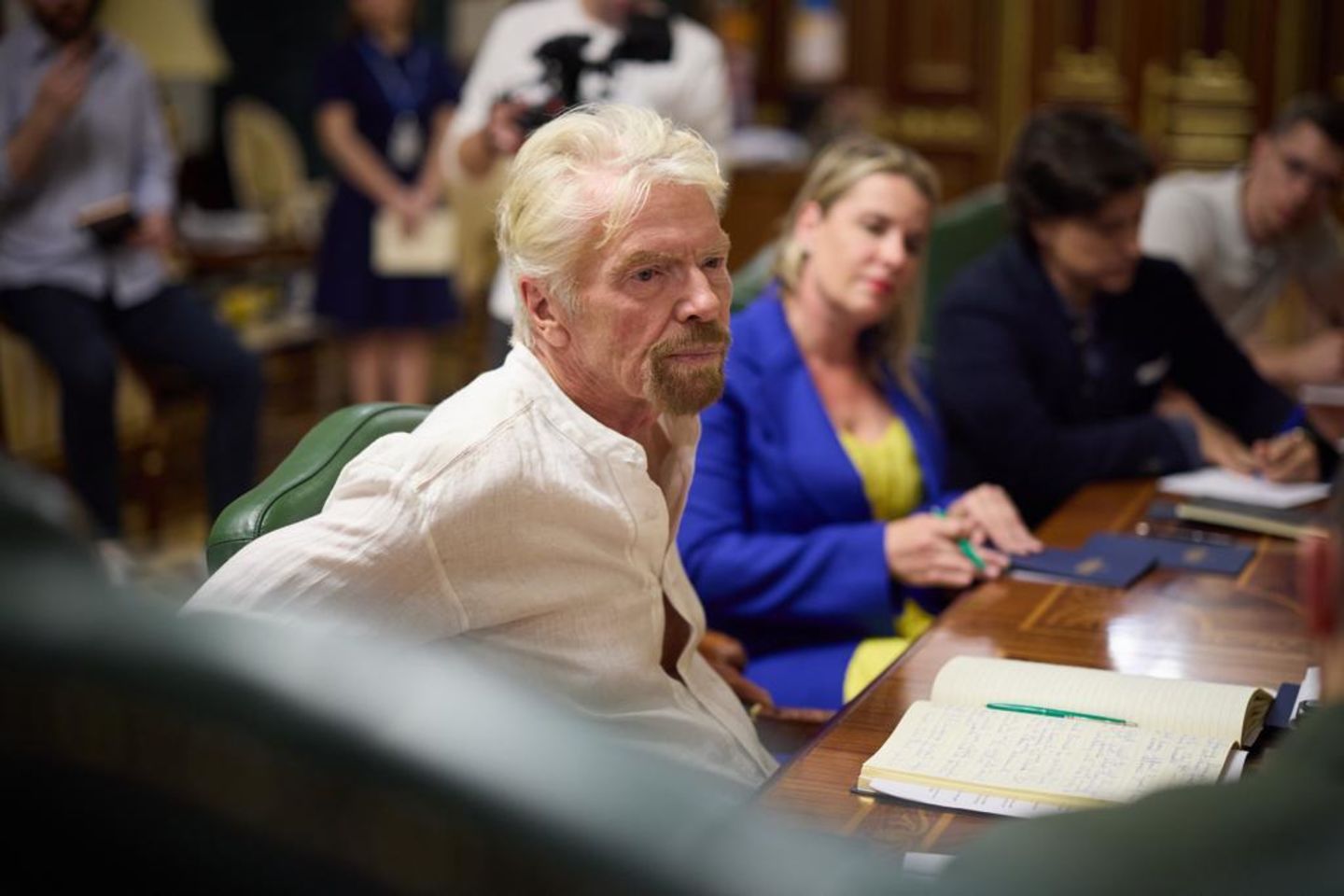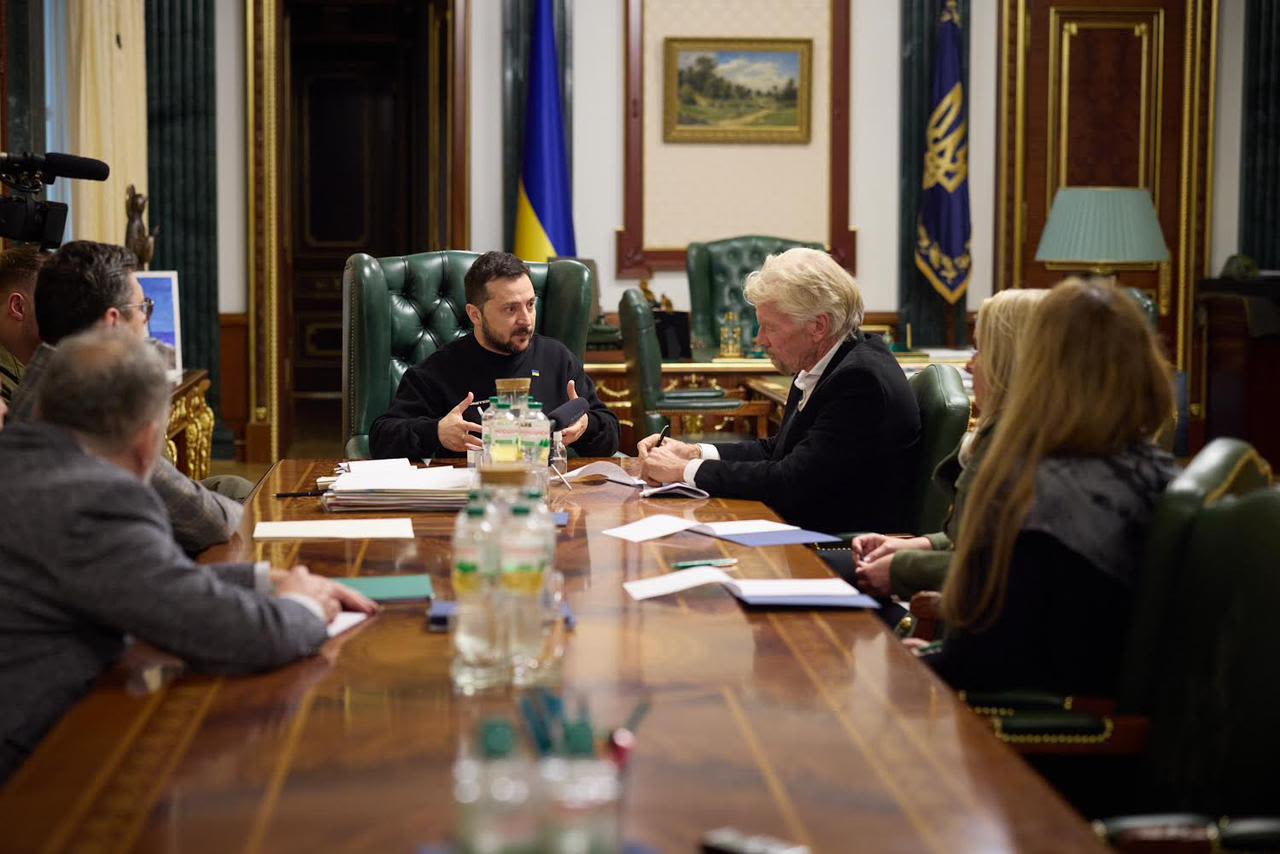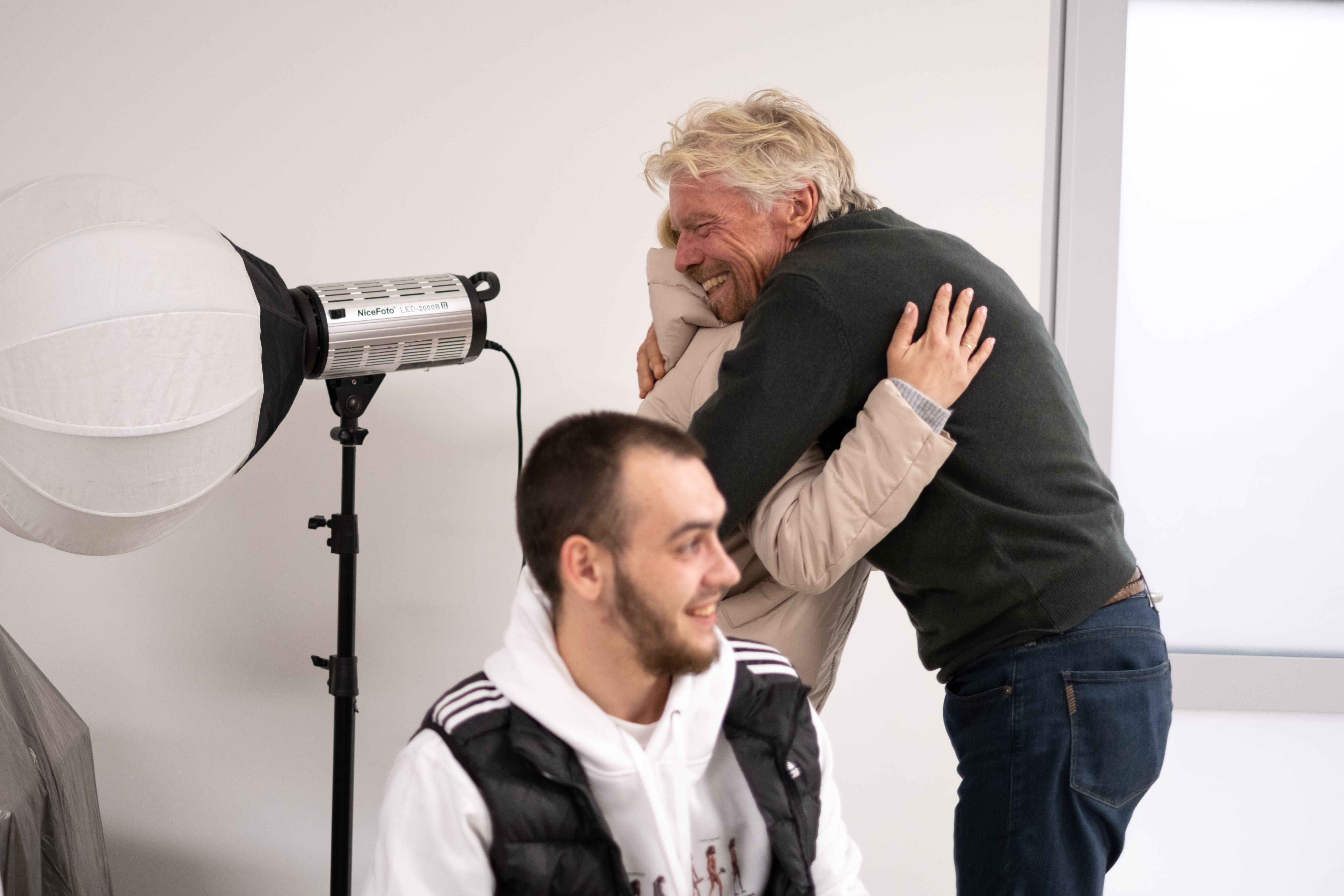What the West must do now, in the wake of Navalny's death
The death of Russian opposition leader Alexei Navalny at the hands of Russia’s authorities is as shocking as it is unforgiveable. Vladimir Putin and his cronies must be held accountable for this crime – as well as for the countless others that preceded it.
Sadly, Navalny’s death didn’t come as a surprise to many, especially after his courageous decision to return to Russia in 2021 following recovery from a poison attack. His tireless and clever campaigning against corruption and for democracy had been a constant thorn in the Kremlin’s side, but he seemed fearless. Even the cruelty of isolation in a prison camp near the Arctic Circle had failed to silence him – until now. My thoughts are with his wife Yulia, his children, and his many steadfast friends and supporters in Russia and around the world.
It’s been assuring to see Western leaders stand together in highlighting Russia’s culpability for brutally ending Navalny’s life. But condemnation must be followed by action. Firstly, Congressional leaders in Washington have to realise that Ukraine’s defence against Russian aggression is indeed the world’s fight for freedom and sovereignty. Further financial and military aid for Ukraine’s brave struggle should be approved swiftly and must not become a casualty of extremist posturing in an election year. At this critical juncture in the war, any delay, any dithering, will embolden Putin to go further. His recent statements in conversation with Tucker Carlson, whilst full of historical misrepresentations and bold-faced fabrications, have also once again laid bare his bizarre und disturbing worldview: Putin’s Russia is a grim, corrupt, and illiberal place. And he will seek every opportunity to expand his dark reign through aggression, brinkmanship, and disinformation – in ways far worse than he has for the last 25 years.
For Europe’s leaders, the stakes couldn’t be any higher. European nations must come together now and forge a common security architecture that is robust enough to stand on its own feet and defend against the real threat they face. How else will Europe protect its people, let alone the shared values that have brought much of the continent stability, prosperity, and peace for decades? Observers of the current debate will agree that future American security guarantees that began with the Cold War and have lasted long beyond are far from assured. This is Europe’s do-or-die moment: it must take control and make significant investments, or face the risk of losing both sovereignty and peace as it helplessly stares down the barrel of Putin’s gun.
Ukraine’s allies have additional means of turning the tide. And they should use them. Closing sanctions loopholes and blind spots once and for all is critical, as Western funds continue to fill Russia’s coffers. But there is more. Western reserve banks hold more than $300 billion in Russia’s sovereign assets. While most of those funds are currently frozen, governments should be open to discussing asset seizure to pay for Ukraine’s reconstruction and protection, as US investor Bill Browder and others have suggested for some time. I appreciate that this debate raises difficult questions about sovereign immunity and causes concerns about long-term political implications. But the world has changed. Putin has launched an unprovoked war of aggression on a peaceful neighbour, leading to the deaths of hundreds of thousands, incurring immense damage, and uprooting the lives of millions. Russia must be made to pay for this, and all options should be on the table.
As the second anniversary of Russia’s invasion draws near, the events of this week really leave no doubt – if there ever was any – about the ruthless nature of this evil regime bent on pursuing its imperialist fantasies in plain view and at all costs. How many more signals does it take for the free world to stop this?




